On October 17, 2021, Sanity.io announced they hired Carrie Hane, co-author of the popular Designing Connected Content book, to lead their new "Content Strategy Relations" team.
Carry Hane's book is considered "the bible" of structured intelligent content and content modeling geeks like myself have read her book multiple times.
In my opinion, this is a critical role that I believe all headless CMS vendors should have.
Why you ask? Good question, but before I answer it, let me tell you a story about developers...
Headless CMS companies learned that before their product can be adopted in an enterprise, they need to convince developers that their platform is the one they should be using.
But how can they do that?
Well, the simple answer is you need to understand what developers want and need to get their job done. But how can you learn what those needs are? How can you build features that address those needs and how can you advocate for developers to internal teams in a Headless CMS company?
They put in place a Developer Relations team in their company, also known as a DevRel team.
Developer Relations Managers, Developer Advocates, Developer Relations Engineers, are people that are hyper focused on developers and their needs.
They are community creators and managers, educators, evangelists, content creators and most importantly, advocates for developers.
Developer Relations Advocates are the main connection between the developer community and the Headless CMS company's internal teams (e.g. Product, Marketing, Engineering, etc). They help internal departments understand the needs of the developer community, their frustrations, the features they want to see in future iterations and more.
Today, headless CMS vendors really understand and provide most of what developers need and want.
But wait...there is another set of users that are just as important, and have to live with the headless CMS day in and day out, but are not focused on development. They are the content creators, content authors, content architects and content strategists.
These users are just as important and, I would argue, sometimes even more critical to the successful implementation of a headless CMS project.
After your developers have created all the channels to display the content and move on to the next project, these users have to populate and maintain all that content on a daily basis. Without truly understanding their needs and wants, how can you create an authoring experience that offers them what they need and want to get their job done?
That's why I believe having a Content Strategy Relations team in place is a great idea.
This team will not focus on SDKs, APIs, CDNs, GraphQL, Next.js, Javascript, etc, etc.
Instead, in my mind, this team needs to focus on the engagement, education and advocacy of content authors, content architects and content strategists.
They need to learn the needs of these users by engaging them and getting answers to the following questions:
1) How do authors bring content into the CMS?
2) What tools outside the CMS do they use to start the content creation process (e.g. Google Docs, Microsoft Word, other?)
3) How do user roles fit in their editorial process?
4) What kind of approval workflows do they need in their enterprise?
5) Is content tied to a "code" release in their organization, if so, how should that work?
6) How does a DAM fit into the equation and what other places do they store media in?
7) What other tools do authors use that will be integrated into the CMS?
8) How is cut-and-paste used by authors? What important information do they need to retain (e.g. bold, links, etc)?
9) What about microcopy (field names, error message, etc), do authors need to control that? How would that work?
10) How does language translation fit into the editorial process? Should it be automated? Manual? Or a mix of both?
11) How do we "re-educate" authors into the new way of content management and truly understanding structured intelligent content?
12) How do we train authors into thinking about content intent instead of content design?
13) Is the CMS truly the single source of truth in their organization or do they have content somewhere else they need to manage? If so, how can we make content updates easier for them?
14) How do authors work with taxonomies?
15) What should the authoring experience be like for authors (e.g. grouping fields, having conditional fields, having default values)?
16) What editing tools can we provide them for bulk content types?
17) How can we flatten the content type hierarchy (references) in the authoring experience?
18) Do they need content export functionality? What are they exporting to?
19) Do they need content importing functionality? What are they importing? Why?
20) Do they need any kind of reporting functionality? For what?
21) How are authors in a marketing organization different then authors in a Product organization?
22) What kind of automation tools can we provide authors to speed up the content creation process?
These are just some of the many questions that need to be answered and addressed and I think having a team dedicated to engaging authors and strategists is a fantastic first step to finding those answers.
What else would I expect out of this new team? Events, lots of them, dedicated to educating and helping authors and strategists to truly understand and embrace structured content. Engage users everywhere, online, offline and anything in-between. Create content that focuses on authors and their needs including online events, meetups, webinars, podcasts, blog articles and more.
I like the trend that this position sets for the rest of the industry and hope that other headless CMS vendors take this opportunity to create their own Content Strategy Relations team in their organization.

